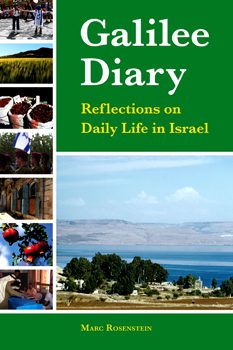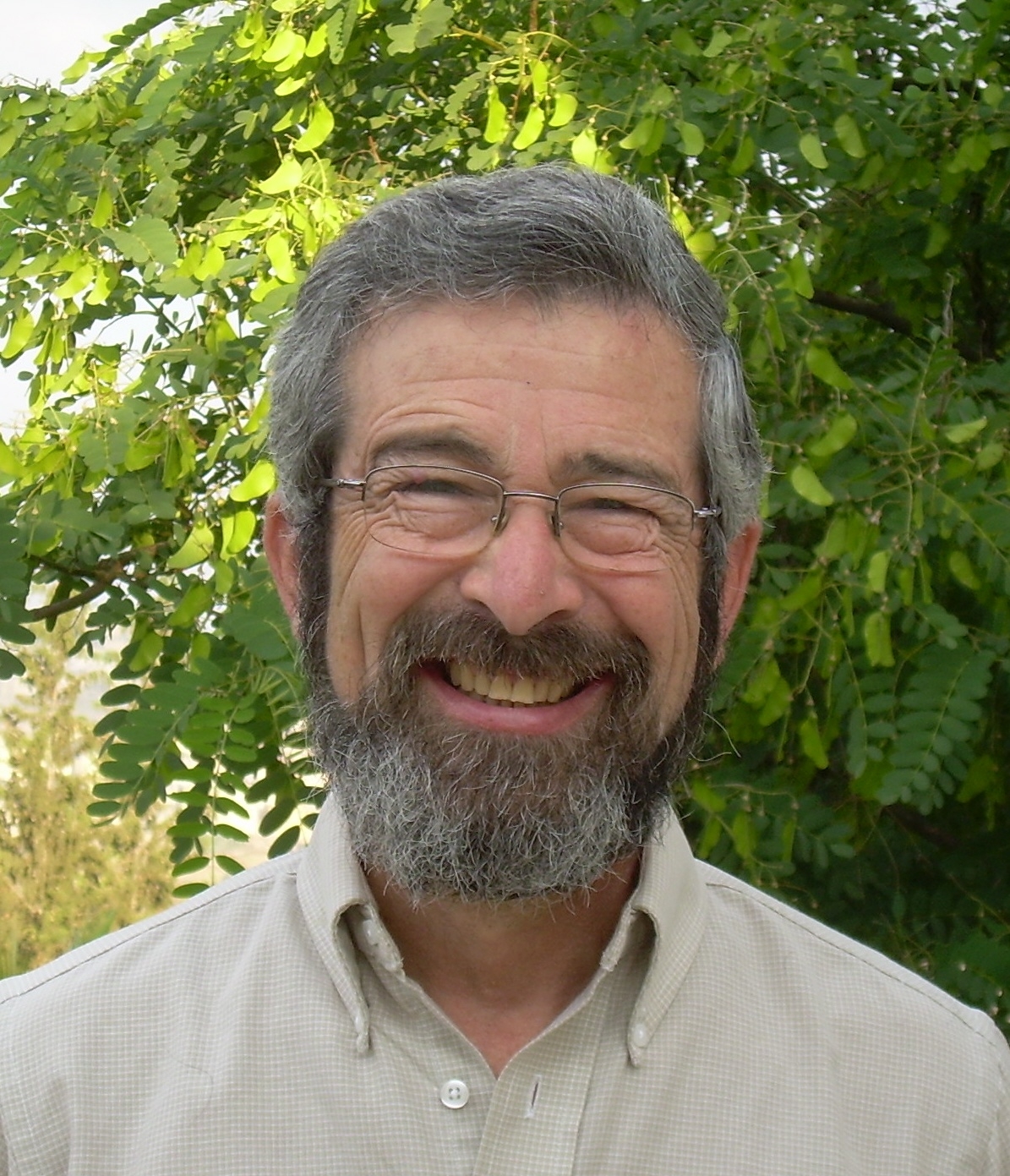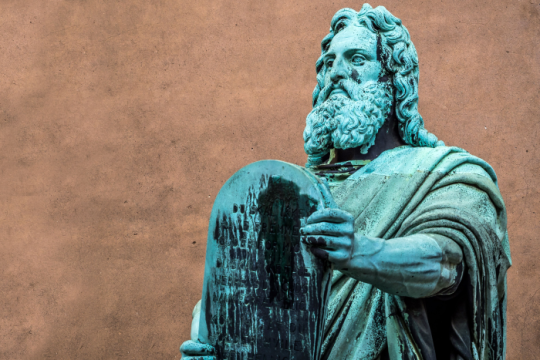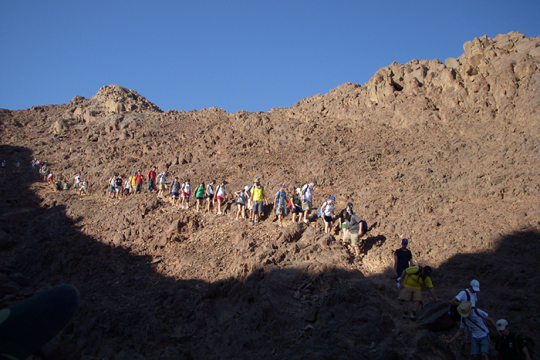
Rabbi Joshua ben Perachiah says: Make for yourself a rabbi, and acquire for yourself a friend, and give every person the benefit of the doubt.
– Mishnah, Avot 1:6
Our opening faculty meeting at Hebrew Union College last week was sabotaged by an Orthodox rabbi: Former Sephardic Chief Rabbi Ovadiah Yosef, who died that day, and whose funeral, attended by over half a million, made public and private transportation in Jerusalem a nightmare. Some teachers couldn't get to the college, some were afraid they'd be unable to get home. Since the funeral, there has been widespread public discussion (and strident controversy) on the meaning of Rabbi Yosef's career, of his popularity, and of his death. An interesting debate has developed among Reform rabbis: Should we mention Rabbi Yosef's name before Kaddish in our synagogues? The considerations were as follows.
On the one hand, Rabbi Yosef was one of the most brilliant Jewish legal scholars of his generation, a master of creative halachic decision-making, known for opinions that helped relieve suffering and that showed how halachah can adapt to the "needs of the hour." He was a source of great pride to his ethnic community, the Jews of Middle Eastern origin, and helped them in their efforts to gain a measure of political power in a country where they suffer discrimination and prejudice even though they are in fact the majority.
On the other hand, as a representative of an approach to Judaism (Orthodoxy) that has been feeling embattled for two centuries, Rabbi Yosef tended to express himself in the terms of that battle, often making offensive statements demeaning non-Jews, liberal Jews, secular Israeli culture, Zionist institutions, women, and any other group who could be seen as a threat to the continuation of the Orthodox way of life. So aside from the personal offense, many saw him as a divisive force, an inciter, whose great charisma affected Israeli society in negative ways.
Should we, as good pluralists concerned with K'lal Yisrael (unity of the Jewish people), show respect for a great Jewish scholar and solidarity with the millions who revered him?
Should we, as good pluralists concerned with K'lal Yisrael, refuse to participate in a pageant of public adoration for a man who spewed hateful and demeaning pronouncements and incited against us (and others)?
Two summers ago there were large demonstrations across the county for weeks, as the mostly Ashkenazi, secular middle class protested the economic domination of "the tycoons." Last week hundreds of thousands of less-than-middle-class Mizrachi (of Middle-Eastern origin) citizens turned out to weep for a leader who represented a challenge to the longstanding dominance of the Ashkenazi, secular middle class elites who still run the country. The debate over the significance of Rabbi Yosef is far more than just a conflict over the entanglement of politics and religion or a conversation about the benighted Orthodox rabbinate; it is an expression of a long-standing and deep conflict within Israeli society. The land of Israel has always been the place where East meets West, not always amicably; and so it is with the Jewish people in the modern state: Our insistence on seeing ourselves as an outpost of high [=Western] culture in the primitive, violent Middle East is problematic – even if we ignore the whiff of colonialism in that view – when we consider that most of the Jewish population of Israel have been Middle Easterners for centuries. K'lal Yisrael is not as simple as it seems.



